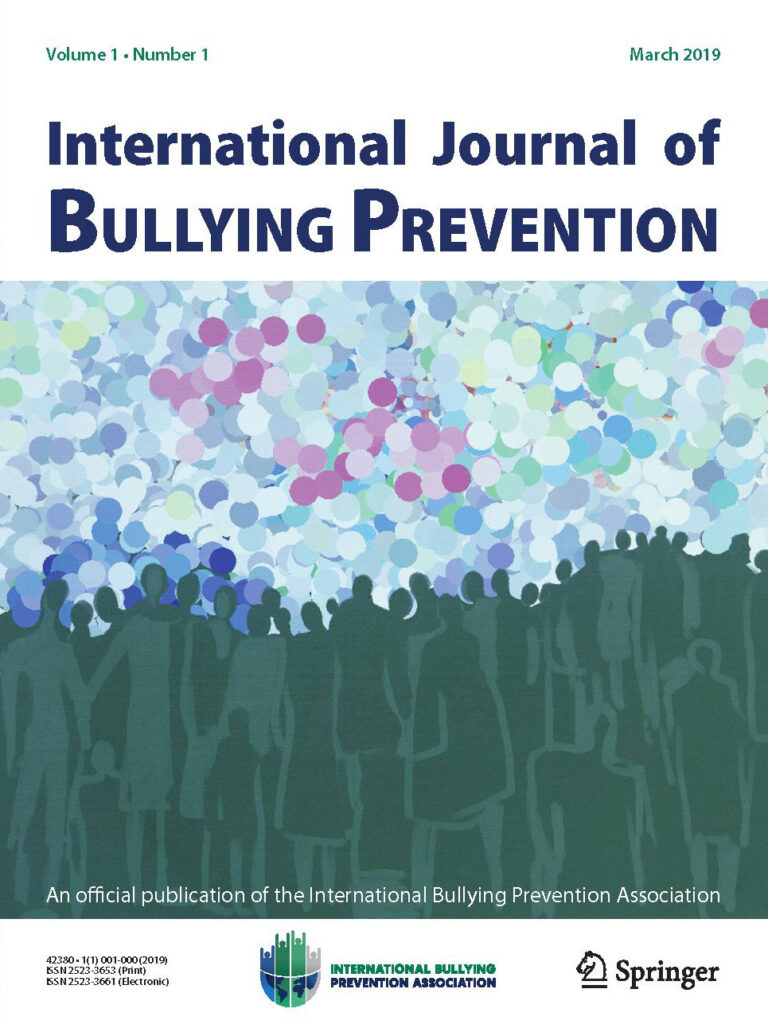“Not Drowning but Waving: The American Junior Year Abroad” explores and describes study abroad amongst college students while also showing the historical roots of study abroad. This thesis seeks to understand the history and current issues in study abroad while also giving a literary description of the experiences, personal changes, and development of insight in the students who decide to study abroad. The Introduction serves both as the introduction to my project as well as an overview of the history and current issues within study abroad. It is divided into three main parts. The first section discusses the impetus for the project, the research methodology, relevant literature, and the genre of creative nonfiction. The second section covers the history of American travel and study abroad, as well as the work of the Fulbright Program. The third section is a short survey of contemporary trends within study abroad, and addresses issues of gender, race, location, and student behavior while abroad. The creative portion of this thesis describes the study abroad students’ stories, experiences, and insights during and after a semester in Europe. The first three chapters of this section—“Leaving”, “Destinations” and “Guardians at the Gate”—describe some of the initial experiences during a semester abroad. Chapter one looks at the process of traveling to a new country and adapting to new cultural norms. Chapter two describes the study abroad destinations where I did my primary research for this project. Chapter three explores some logistical issues in study abroad, namely academics, finances, and housing. Chapter four explores the challenges students face after the initial excitement of study abroad wears off, and looks at the issues of student responsibility, danger, harassment, and alcohol abuse. Chapter five describes student travel habits, which is one of the most popular elements of study abroad but also one of the more problematic. Chapter six looks at the challenge of re-entry to North America for study abroad students, and chapter seven provides a conclusion to the piece.
The Centre hosts the International Journal of Bullying Prevention (Springer) which is a peer reviewed scholarly publication issued four times per year. This peer reviewed journal provides an interdisciplinary scientific forum in which to publish current research on the causes, forms, and multiple contexts of bullying and cyberbullying…

